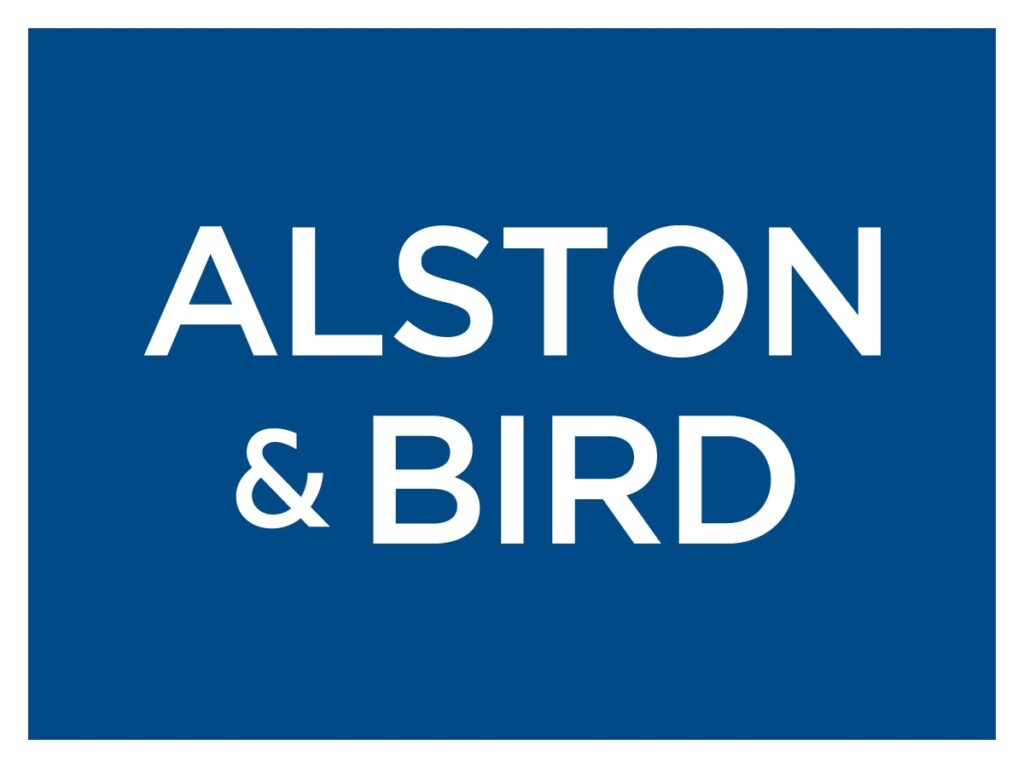Latest version Summary of consumer finance companies by state We'll be highlighting some of the most interesting bills recently enacted in Colorado and South Carolina.
- Colorado: Effective May 17, House Bill 24-1011 (Colorado Session Act No. 189 of 2024) adds a new section 38-40-106 to the Colorado Revised Code, which establishes requirements for mortgage servicers regarding the payment of insurance claims related to mortgaged residential property.
First, the new clause provides for certain steps that mortgage servicers must take regarding the payment of insurance claims to borrowers. Upon the borrower's request, mortgage servicers must promptly disclose to the borrower the specific terms under which they will pay insurance claims to the borrower if the residential property covered by the mortgage is damaged or destroyed and the insurer pays insurance claims to satisfy a claim for such damage or destruction. Second, after receiving from the borrower a “repair plan” or “reconstruction plan” (both of which must be prepared by the borrower in consultation with the contractor), the mortgage servicer must approve or reject the plan within 30 days. The repair plan or reconstruction plan must include certain milestones enumerated in the new clause, and the mortgage servicer must pay a certain amount of insurance claims if the milestones are achieved.
Second, immediately after beginning servicing a borrower's mortgage, and upon the borrower's request thereafter, a mortgage servicer must disclose to the borrower the interest rate associated with the mortgage and provide the borrower with primary contact information for communicating with the mortgage servicer.
Finally, the bill makes conforming amendments to the Non-Bank Mortgage Servicer Law by adding new section 5-21-107.5, and repeals section 10-4-112, relating to property damage and payment timing provisions.
- South CarolinaEffective November 21, Senate Bill 700 will enact the South Carolina Wage Access Services Act (the “Act”). South Carolina Code § 39-5-810 onwards. For purposes of this Act, “earned wage access service” means “a business that provides consumer wage access services.” [“offering or providing earned wage access services directly to consumers”] or Employer Integrated Wage Services” administrative regulations (e.g., filing, recordkeeping, and reporting requirements), in addition to the following:
First, the Act requires that entities engaged in the business of providing earned wage access services to consumers, known as “providers,” register with the South Carolina Department of Consumer Affairs (the “Department”). However, the Act does not apply to entities conducting business under South Carolina or federal law relating to banks, credit unions, savings and loan associations, savings banks, and trust companies.
Second, the Act establishes compliance obligations for providers: Among other requirements, providers must (a) develop and implement policies and procedures to answer consumer questions and address consumer complaints promptly, and (b) offer consumers at least one reasonable option for earning revenue at no cost to them and clearly explain to consumers how to select such a no-cost option.
Third, the Act prohibits providers from taking certain actions, such as charging late fees, interest, or other penalties or charges for failure to repay unpaid revenue.
[View source.]


